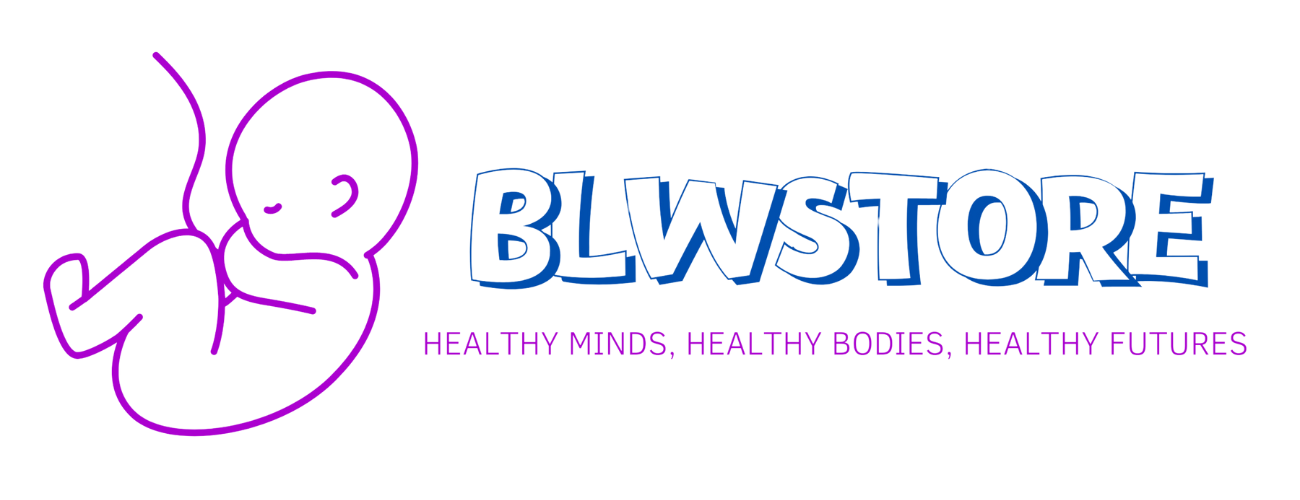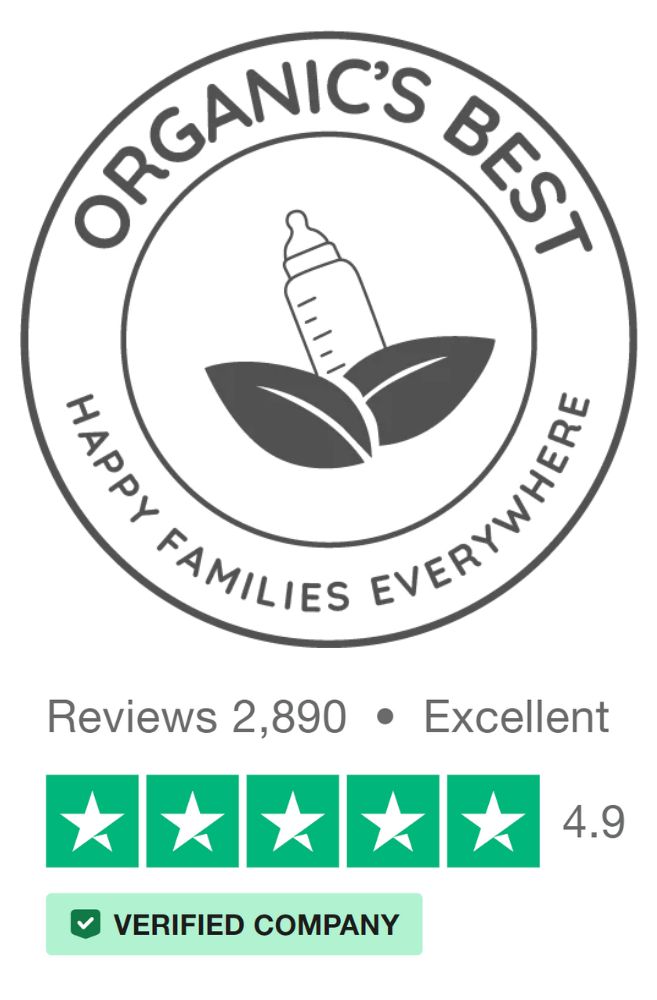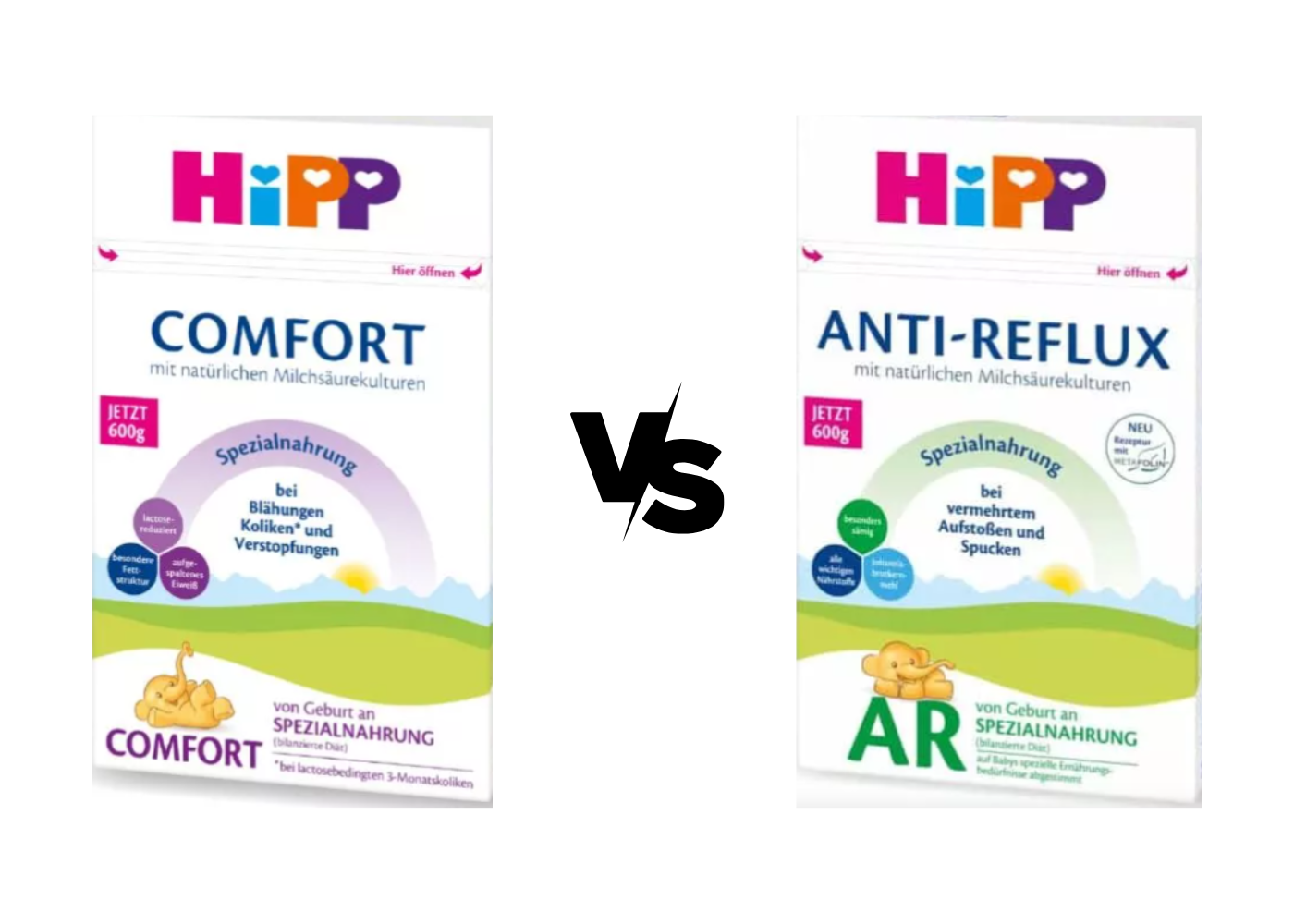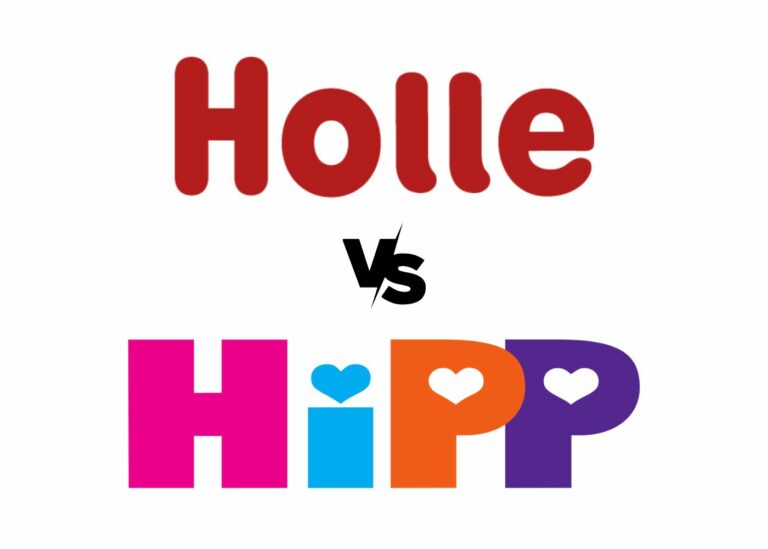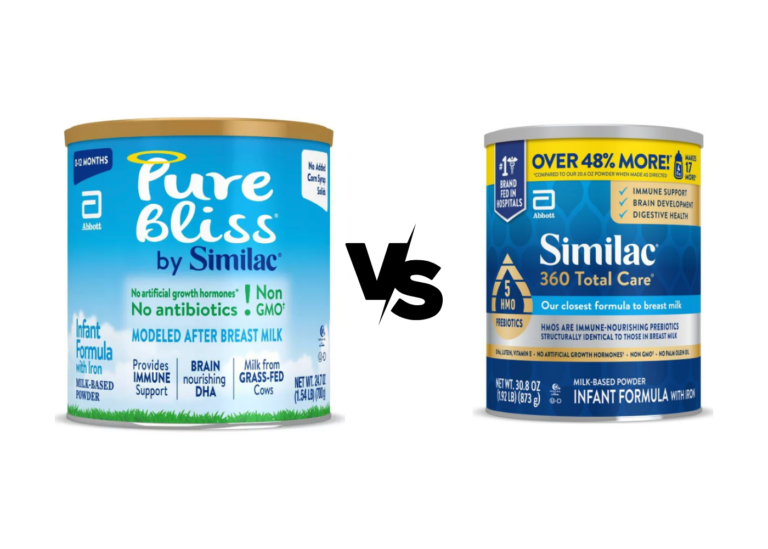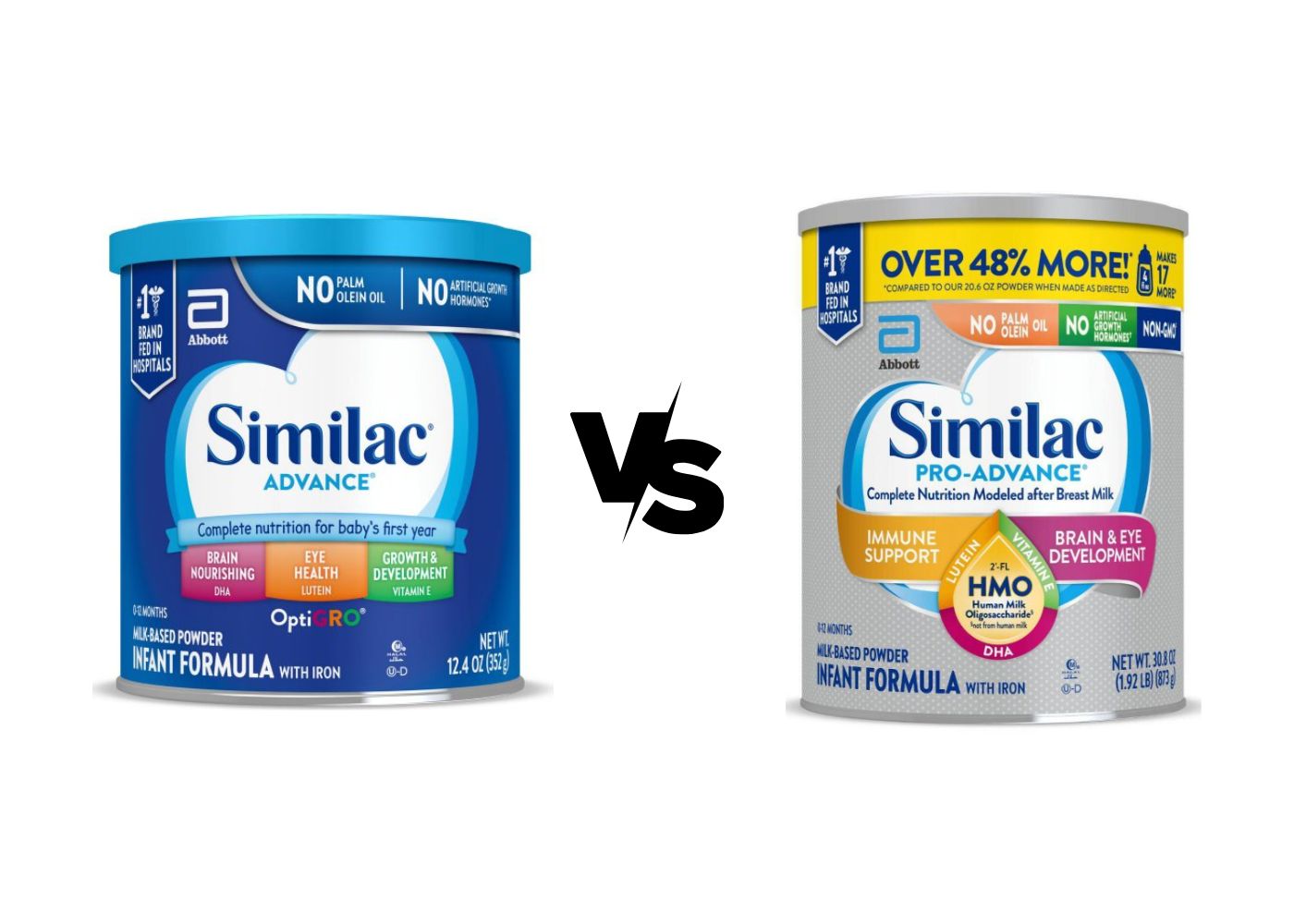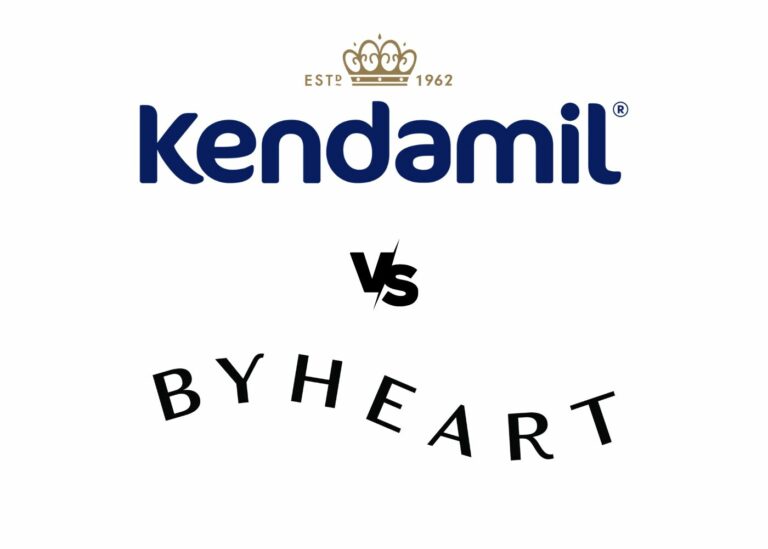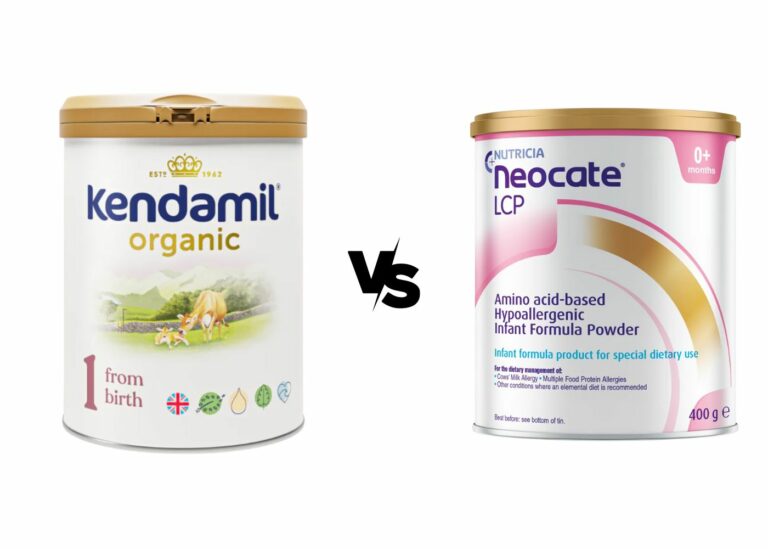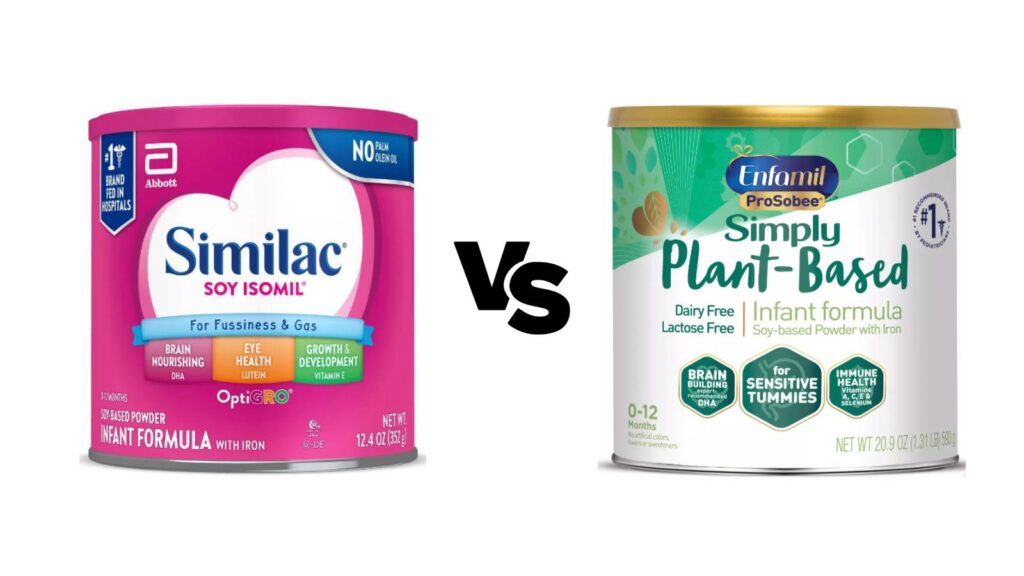
Key Differences Table Between Similac Isomil and Enfamil ProSobee
Based on your article, here’s a key differences table comparing Similac Soy Isomil and Enfamil ProSobee:
| Features/Aspect | Similac Soy Isomil | Enfamil ProSobee |
|---|---|---|
| Suitable For | Babies with lactose intolerance or milk-based formula sensitivity | Babies with lactose intolerance or milk-based formula sensitivity |
| Protein Source | Soy protein isolate | Soy protein isolate |
| Added Sugars | Contains simple sugars (10% simple sugars, 39% corn syrup solids) | No added simple sugars (55% corn syrup solids) |
| Palm Olein | Does not contain palm olein | Contains palm olein |
| DHA & Lutein | Includes DHA and ARA for brain development and lutein for eye health | Contains DHA and ARA for brain development |
| Digestive Health | Lactose-free | Lactose-free |
| Nutritionally Complete | ✅ | ✅ |
| Prebiotics/Probiotics | None | None |
This article will compare two popular Soy Formulas in the US: Similac Isomil vs Enfamil Prosobee.
We will analyze their nutritional composition and ingredients to help you make the best decision for your baby.
Let’s get after it!
***Important: Soy Formulas are not recommended for infants younger than six months of age due to estrogen content, and should not be used to treat CMPA until a pediatrician gives the OK.
Related reads: Similac Alimentum vs 360 Total Care Sensitive | Soy in Baby Formula
Our Short Answer
After analyzing both formulas, choosing a winner is difficult. The only important differences are the following:
- Added sugars: Isomil adds simple sugars and its corn syrup solids content is lower than ProSebee, which does not add simple sugars.
- Palm Olein: ProSobee adds this controversial ingredient, while Isomil does not.
So the decision between the two is based on which ingredient you tolerate more, simple sugar or palm olein.
If we had to choose, we would choose Enfamil ProSobee, as we would rather give palm oil than added sugars to our baby.
That said, please read the following information if your baby has been diagnosed with CMPA (cow’s milk protein allergy):
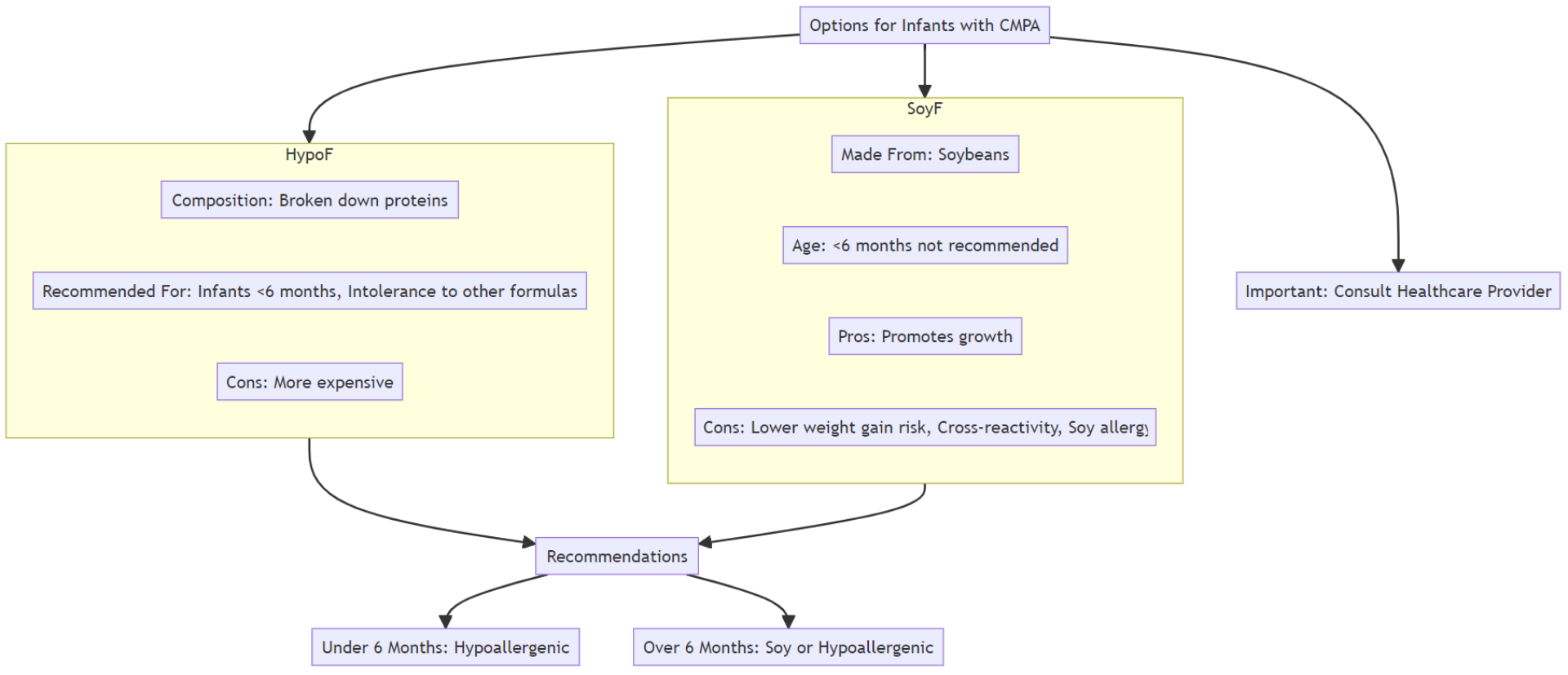
Options for Infants with CMPA:
- Soy Formulas:
- Made From: Soybeans, containing plant protein.
- Age: Not recommended for infants under six months.
- Pros: Promotes appropriate growth.
- Cons:
- Some studies suggest lower weight gain compared to cow’s milk formula.
- Risk of cross-reactivity or soy allergy in infants under six months.
- Some infants with CMPA may also be allergic to soy proteins.
- Hypoallergenic Formulas:
- Composition: Proteins broken down for easier digestion and reduced allergy risk.
- Recommended For:
- Infants under six months with CMPA.
- Infants unable to tolerate other formulas, including those with anaphylactic reactions to cow’s milk protein.
- Cons: More expensive than soy formulas.
Recommendations:
- Under Six Months: Hypoallergenic formulas are generally advised.
- Over Six Months: Both soy and hypoallergenic formulas are options. The choice depends on the infant’s tolerance, severity of the allergy, and medical advice.
Important:
- Consult Healthcare Provider: Always consult with a healthcare provider for the best choice based on individual circumstances.
*Recommended reads: Baby Formula Allergies | Hydrolyzed formulas | Best hypoallergenic formulas
With over 100,000 orders delivered globally since 2019, Organic's Best offers clean, safe, and nutritionally rich formulas and snacks.
Free shipping over $100, commitment to freshness and authenticity.
- Express delivery in 2 to 5 business days
- Sourcing from European manufacturers
- Minimum shelf life of 6 months
- Climate-Controlled Warehouse
Give your little one the best start.
CODE 'BLW' for a 5% discount in all orders
Overview of the Two Formulas
Similac Soy Isomil and Enfamil ProSobee are soy protein-based formulas designed for sensitive tummies, lactose intolerance, enriched with DHA for crucial brain development.
Similac Isomil
Similac Soy Isomil is designed for fussiness and gas relief in infants who may be sensitive to lactose or milk-based formulas. Here are the key points:
- Soy Protein: Isomil is made with soy protein isolate, a high-quality protein source, suitable for infants with galactosemia and lactose intolerance.
- Nutritionally Complete: This formula is fortified with all the essential nutrients your baby needs for growth, like any conventional formula.
- DHA & Lutein: Isomil includes DHA for brain development and lutein to support eye health, mimicking some of the beneficial components found in breast milk.
- Digestive Health: It has a blend of carbohydrates that can be easier to digest for some infants, potentially reducing digestive discomfort.
Enfamil Prosobee
Enfamil ProSobee is tailored for babies with sensitive tummies and those who might be experiencing milk-related issues. Below are the important aspects of ProSobee:
- Plant-based Protein: Like Isomil, ProSobee derives its protein from soy, making it a good option for milk-sensitive or vegetarian families.
- DHA Support: ProSobee also contains DHA, an important fatty acid for brain and eye development, taking cues from the nutritional benefits of natural breast milk.
- Lactose-Free: Suited for babies who cannot tolerate lactose, ProSobee is designed to be easy on the digestive system and reduce fussiness and gas.
- Vitamin and Mineral Enrichment: This formula is enriched with essential vitamins and minerals to support your baby’s overall health and mimics the complete nutrition of breast milk.
**Important: While Soy Isomil is lactose-free, not all infants with milk allergies or sensitivities will do well with soy, so consulting a pediatrician is always advisable.
Nutritional Composition
Protein: Similac Soy Isomil and Enfamil ProSobee both use soy protein isolate for easy digestion and nutritional equivalence to dairy.
Carbs: Isomil has 39% corn syrup solids and 10% simple sugars, while ProSobee has 55% corn syrup solids with no added simple sugars.
Fats: Isomil’s fat blend excludes palm olein, unlike ProSobee, offering a potentially better fat profile.
Protein Content
Protein is the building block of growing tissues and is essential for your baby’s development. Both Similac Soy Isomil and Enfamil ProSobee offer soy protein isolates as their primary protein sources:
- Similac Soy Isomil: Utilizes a modified soy protein isolate that’s structurally designed to be gentle on your baby’s digestive system. It aims to provide an adequate amount of protein equivalent to what is found in milk-based formulas, ensuring proper growth.
- Enfamil ProSobee: This formula also relies on soy protein isolate, processed to remove sugars and other compounds that might cause fussiness or gas, offering a protein quality on par with dairy options.
Both formulas have the exact same type of protein source: soy protein isolate. This basically means that the soy protein has been isolated from other components to make it purer and easier to digest.
Carbohydrate Content
Carbohydrates are vital for energy, and they support a healthy metabolism in your infant. Here’s how our two soy-based formulas stack up in terms of carbohydrate content and sources:
- Similac Soy Isomil: The formula uses corn syrup solids as its primary carbohydrate source. It’s designed to mimic the carbohydrate profile of lactose, providing a source of energy that’s meant to be easy for babies to digest.
- Enfamil ProSobee: Similarly, ProSobee includes corn syrup solids as its main carbohydrate. The intent is to offer a lactose-free energy source without compromising the nutritional needs of a rapidly growing baby.
Even though both formulas use Corn Syrup Solids as their main carb source, there is a big difference: Similac has 39% corn syrup solids and 10% simple sugars, while Enfamil has 55% corn syrup solids and no added simple sugars. This fact alone makes Enfamil a better choice than Similac.
Fats and Oils
Fats are integral to a baby’s diet, supporting brain development, and hormone production, and providing essential fatty acids. Let’s take a look:
- Similac Soy Isomil: This formula contains a blend of high oleic safflower oil, soy oil, and coconut oil, which attempts to replicate the fatty acid profile beneficial for growth and development found in breast milk, including ARA and DHA for cognitive development.
- Enfamil ProSobee: Enfamil’s fat blend also consists of vegetable oils such as palm olein, soy, coconut, and high oleic sunflower oils. These provide necessary fatty acids, and like Isomil, it includes DHA to support mental and visual development.
There is an essential difference in fat content. ProSobee uses palm olein and Isomil does not. This makes Isomil a better choice regarding their fat blend.
*Learn more: Palm Oil in Baby Formula
Nutrient Composition Comparison
| Nutrient | Similac Soy (per 5.0 fl oz serving) | Enfamil Soy (per 5.0 fl oz serving) |
|---|---|---|
| Total Fat | 5.46 grams | 5.3 grams |
| Sodium | 44 mg | 40 mg |
| Total Carbohydrate | 10.4 grams | 10.6 grams |
| Protein | 2.45 grams | 2.5 grams |
| Vitamin D | 60 IU | 60 IU |
| Calcium | 105 mg | 105 mg |
| Iron | 1.8 mg | 1.8 mg |
| Potassium | 108 mg | 120 mg |
| Vitamin A | 300 IU | 300 IU |
| Vitamin E | 1.5 IU | 2 IU |
| Vitamin K | 11 mcg | 9 mcg |
| Thiamin | 60 mcg | 80 mcg |
| Riboflavin | 90 mcg | 90 mcg |
| Niacin | 1350 mcg | 1000 mcg |
| Vitamin B6 | 60 mcg | 60 mcg |
| Folic Acid | 15 mcg | 16 mcg |
| Vitamin B12 | 0.45 mcg | 0.3 mcg |
| Biotin | 4.5 mcg | 3 mcg |
| Pantothenic Acid | 750 mcg | 500 mcg |
| Choline | 24 mg | 24 mg |
| Phosphorus | 75 mg | 69 mg |
| Iodine | 15 mcg | 15 mcg |
| Magnesium | 7.5 mg | 8 mg |
| Zinc | 0.75 mg | 1.2 mg |
| Selenium | 2 mcg | 2.8 mcg |
| Copper | 75 mcg | 75 mcg |
| Manganese | 25 mcg | 30 mcg |
| Chloride | 62 mg | 80 mg |
| Omega-6 (LA) | 1000 mg | 780 mg |
| Inositol | 24 mg | 6 mg |
| Water | 133 g | 133 g |
Prebiotics and Probiotics
The inclusion of probiotics and prebiotics in baby formula can be a significant benefit as they play a role in developing a healthy digestive tract and immune system. Probiotics are live-beneficial bacteria, whereas prebiotics are non-digestible fibers that feed these good bacteria. Together, they work synergistically to maintain a balanced gut microbiome.
- Similac Soy Isomil: This formula does not currently list the inclusion of probiotics or prebiotics in their standard formulation.
- Enfamil ProSobee: Same as Similac Soy Isomil, Enfamil ProSobee does not promote the addition of probiotics or prebiotics in their soy-based option.
What are the Best alternatives to Similac Soy and Enfamil Soy Formulas?
If you are looking for alternatives to soy-based formulas like Similac Soy Isomil and Enfamil ProSobee, perhaps due to concerns over soy or a preference for different ingredients, hypoallergenic formulas may offer a viable option. These formulas are designed for babies with food allergies or intolerances and are typically easier on sensitive babies. Some notable alternatives include:
- Similac Alimentum: This hypoallergenic formula is designed to reduce allergic reactions in infants and includes a predigested protein to minimize the risk of an allergic response. *Read: Similac Soy vs Alimentum
- Enfamil Nutramigen: Like Alimentum, Nutramigen is a hypoallergenic formula that contains extensively hydrolyzed proteins, helping to manage colic due to cow’s milk allergy often within 48 hours.
- Hipp HA: This formula stands out as a great alternative, especially for those seeking an organic option. Hipp HA provides a powerful blend of prebiotics and probiotics, designed to support your baby’s gut health. However, it may not be suitable for babies with a diagnosed cow’s milk protein allergy (CMPA), so it should be used under pediatrician guidance.
More comparisons: Alimentum vs Nutramigen | Hipp HA vs Alimentum | Hipp HA vs Nutramigen
Best Places to Buy Similac Isomil and Enfamil Prosobee
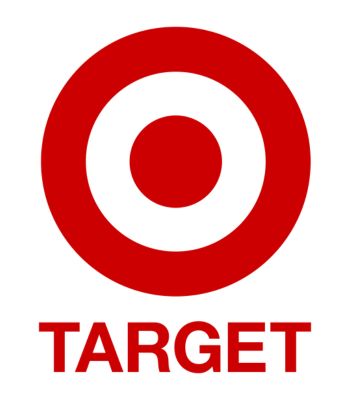

Isomil
Buy Similac Soy Isomil at Target
Buy Similac Soy Isomil at Walmart
ProSobee
Buy Enfamil ProSobee at Target
Buy Enfamil ProSobee at Walmart
Last Words
We hope this comparison between Similac Soy and Enfamil Soy formulas has helped you make the best decision for your baby.
If you have further questions, contact us at [email protected] or leave a comment below, and we’ll be happy to help you.
Happy feeding!
We’re Maria and Alberto, a married couple and educators who are nutrition enthusiasts. Even before we had kids, we were already crazy about nutrition.
We’d read scientific articles, watch videos from nutritionists, and spend hours listening to nutrition podcasts.
Today, we continue doing this, but in a different way, as we’ve learned to sift through the noise and trends. Nutrition, like any other field of knowledge, the more you read and learn, the more you develop a comprehensive understanding of reality, and that’s what has happened to us.
Before having our first child, we focused on learning everything we could about child nutrition, using the same techniques we had already employed, backed by our extensive knowledge in nutrition.
Our mission is to help other parents with their children’s nutrition, to help them become the best versions of themselves.
If we are what we eat and drink, which is absolutely true, let’s do it right!
